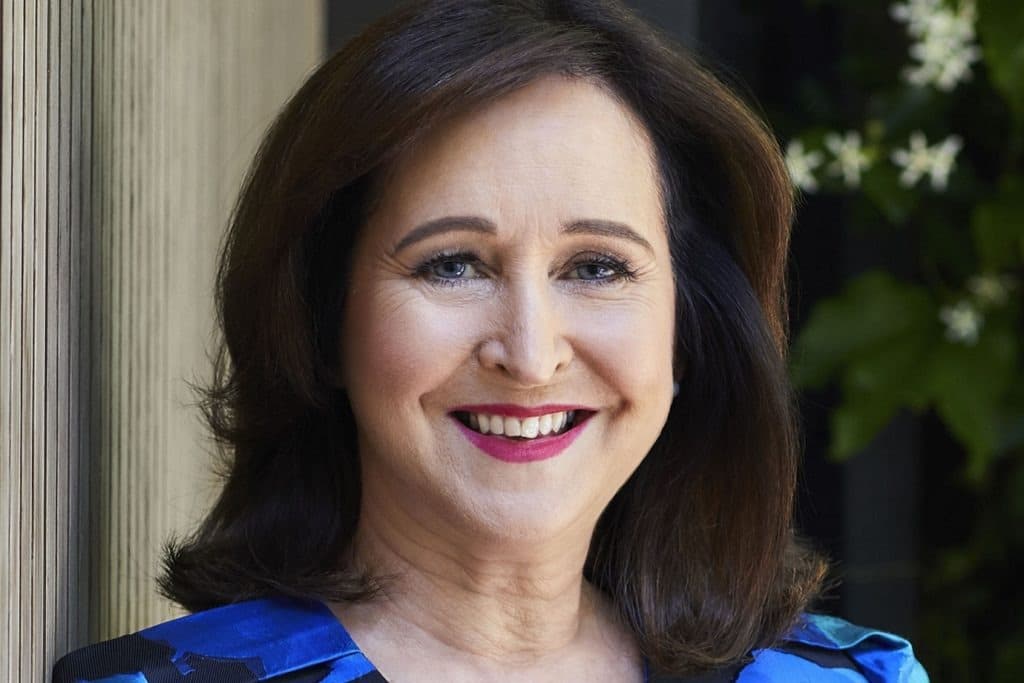How can we get the best superannuation returns? Through a strong and stable economy that’s resilient to risks associated with climate change, social inequality and the loss of biodiversity.
That’s the call from HESTA this week, a superannuation firm managing the retirement savings of more than 950,000 members mostly in the health and community services sector, with $68 billion of assets under management. Eighty per cent of HESTA’s members are female.
HESTA has written to the CEOs and Chairs of all ASX 300 companies ahead of the upcoming AGM season, asking them just how they’re planning for and responding to such risks, marking the third such annual letter it has sent to listed companies, and expanding out from the ASX200 to the top 300 companies, for the first time.
HESTA CEO Debby Blakey (pictured above) says the move is all about supporting their members.
“This decade is critical for managing a range of systemic risks that are relevant both to the companies we invest in and the overall management of our portfolio,” she said on announcing the move.
“That’s why we’re encouraging management and boards of ASX 300 companies to be ambitious in their responses to systemic risks such as climate change, social inequality and the loss of biodiversity.”
HESTA wants all companies to take strong actions on promoting broader economic resilience and says that can only be done by responding to the big challenges and risks of our time.
They want to see ambitious responses, reflecting their continued focus on climate change, which Blakey says is highly relevant to the work of their members. In addition, HESTA will examine the items for consideration shared within the Notice of Meetings – as well as the skills that are around the board table, to look at how seriously companies are taking on the transition challenge.
“We urge Australian companies to deliver a verified climate strategy, with targets aligned to a 1.5°C transition pathway,” Blakey said.
“This should include careful consideration of the need to direct greater capital expenditure towards supporting a timely, equitable and orderly transition to a low carbon economy.”
Meanwhile, the loss of biodiversity is also given as a critical issue, given the World Economic Forum recently identified such loss as the world’s third most-sever global risk. HESTA wants to see more companies assessing how their operations and supply chains are exposed to risk, and are dependent on nature or causing a loss of nature.
On gender, HESTA wants Australian companies to set gender balance targets for their Board and Executive roles – and share plans on how they will work toward achieving these targets. They also want companies to undertake a gender pay gap analysis, and identify opportunities for gender pay improvements.

